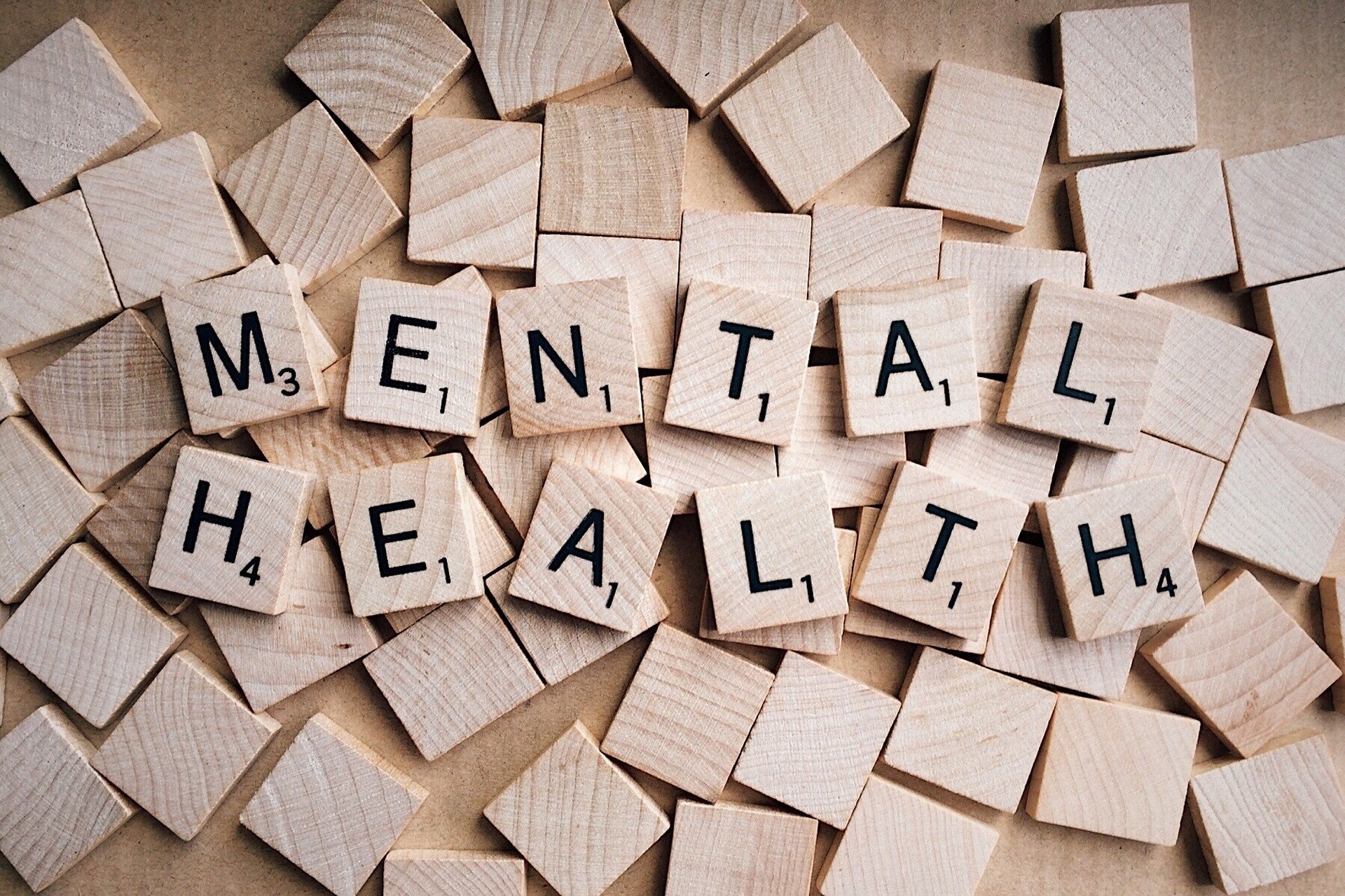
Medical students may not be participating in patient care at this time due to COVID-19 and the Association of American Medical Colleges’ April 14 guidelines on keeping students safe, but the physicians-in-training at the Wayne State University School of Medicine are finding ways to learn and make a difference in the process.
Students Megan MacKenzie, Peyton Johnston, Miriam Dow and Sydney Davishkiba have launched a research project stemming from the Department of Psychiatry and Behavioral Neurosciences’ Warriors Strong Together program.
Warriors Strong Together provides free mental health intervention to all faculty, staff and students of Wayne State University, and physicians and staff of the Wayne State University Physician Group, and to Michigan’s first responders and their immediate family during the COVID-19 pandemic by telephone or teleconference. The WSU Department of Psychiatry and Behavioral Neurosciences enacted the innovative program at the end of March for those who may require assistance coping with the demands of the pandemic.
“What sparked me initially to start this research project was Dr. (David) Rosenberg’s (chair of the Department of Psychiatry and Behavioral Neurosciences) email on Warriors Strong Together. As a current M3 at Wayne, I have always strived to stay balanced academically, mentally and physically,” MacKenzie said. “Physicians and health care workers’ individual wellbeing is often ignored in order to care for others. I believe there should be more wellness policies and monitoring strategies in place to take care of health care workers, especially during times of high stress.”
The team has worked with program leaders to create a survey on mental health in Detroit-area health care workers. This survey includes questionnaires on stress, anxiety and PTSD symptoms. They also asked about demographics, social support and included an open-ended question. They have so far received more than 150 responses from physicians, nurses and other health care workers.
“The responses shed plenty of light about the need for better leadership, organization and mental health support,” McKenzie said. “We wanted to do this during the pandemic because it would allow us to better understand the mental health consequences that health care workers are facing. The stress within the hospital, the fear of bringing COVID home and the constant social media messages places a huge burden on these workers. Furthermore, there is limited data on health care worker wellbeing during a pandemic such as this one. This data can help us better prepare for the future. Health care workers of Detroit want their voices heard, and we want awareness to be raised and support to be given.”
The team meets virtually via Zoom and hopes to proceed with more long-term data collection and monitoring when members return to clinical care. They want their initiative to spread to other hospital systems in Michigan and nationwide.
“We hope our data collection will guide us with proposing policy changes in hospitals in the Detroit area regarding the treatment and education of COVID-19,” Johnston said.
The students are advised by department Professor Cynthia Arfken, Ph.D.; Associate Professor Arash Javanbakht, M.D.; and Associate Chair Richard Balon, M.D.
“I think for us, it was a great opportunity to guide and mentor great WSU medical students,” Dr. Balon said. “It is uplifting to see students with interest and enthusiasm working on such an important issue, trying to get a picture of the impact of this pandemic on mental health of frontline workers.”